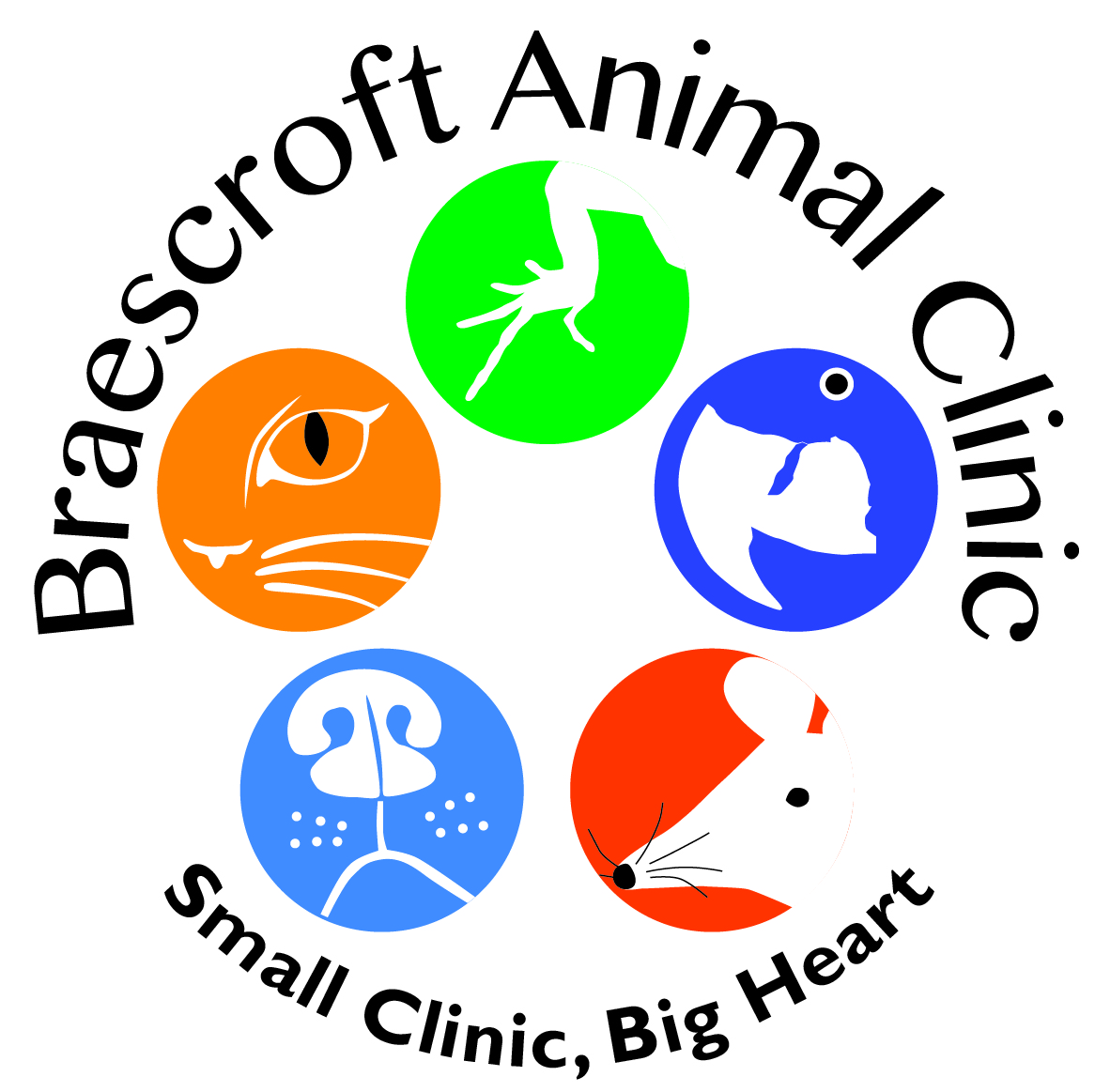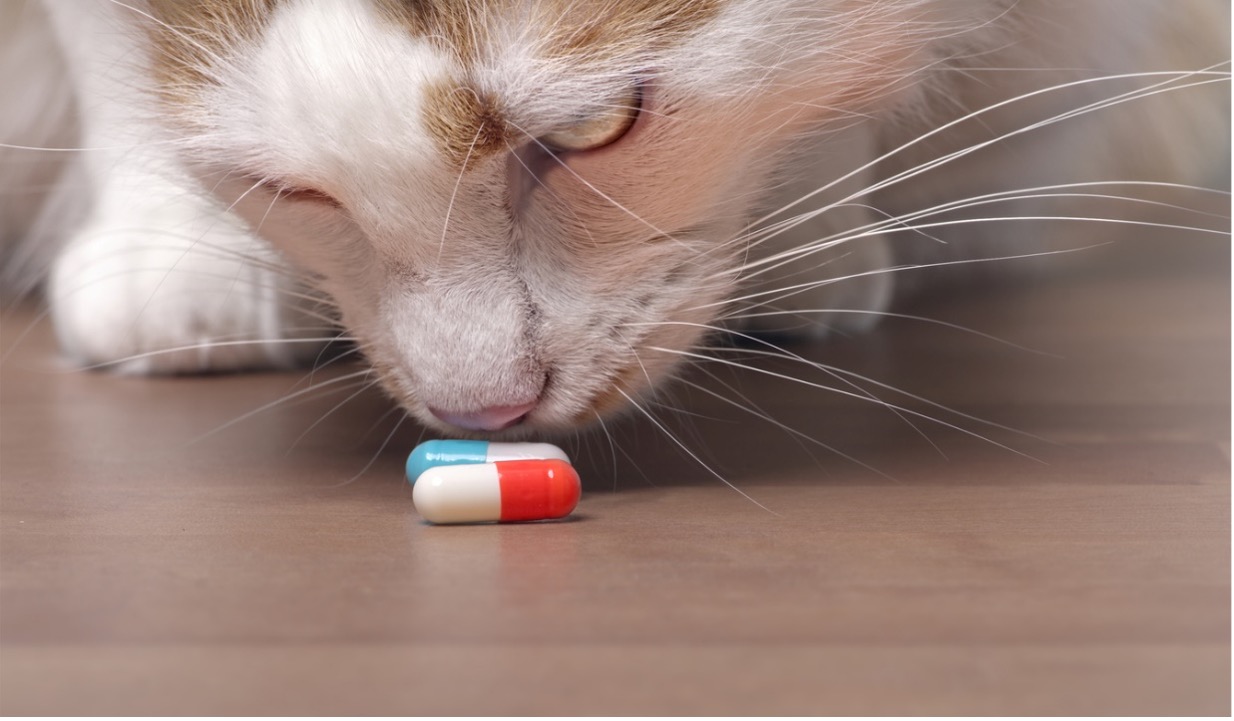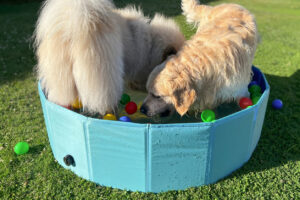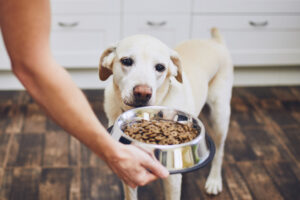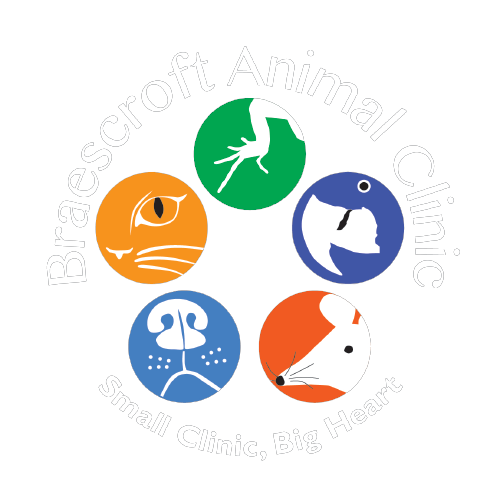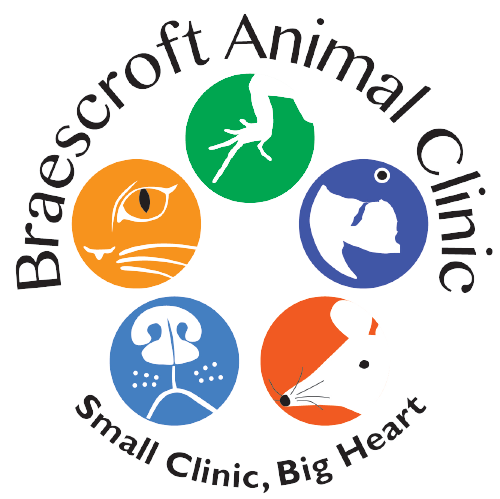Many toxins can harm your pet if ingested, from rat poison to foods like chocolate and grapes. Here is our guide on preventing pet poisons from harming your pet with information and tips to help guide you.
Never Leave Food Open and Unattended
Please do not assume your pet will only eat their food. Pets are notorious for getting into the darndest things. Animals are curious and sometimes the most interesting thing they find is something from the counter, floor, or garbage. Make sure that any food items left out on a countertop or in the open are inaccessible to your animal. Keep lids firmly secured, and put away tempting foods like fruit, nuts, and sweets. Here are the top foods that cause the most pet deaths:
- Coffee, Chocolate, Caffeine
- Xylitol
- Onions, Chives, Garlic, and Leaks
- Grapes, raisins, sultanas, currants
- Alcohol
Identify Basic Household Pet Poisons
It’s essential to be aware of potential poisons in your home, like cleaning solutions, medications such as painkillers, blood thinners, antihistamines, etc., and vitamins that can be very dangerous for your pet. Please do not keep them in areas accessible by animals, such as tabletops, shelves, or countertops. Make sure all bottles are labeled correctly and store any potentially hazardous items where your pets cannot get at them. If you have a clever pet that can open cupboards, you can put child locks on the cupboard doors to keep your pet safe. There is also a product by PetSafe called Sscat that you can use to deter and train cats to stay off countertops.
Here are some of the common household products that are poisonous to pets:
- Cleaning solutions
- Pest control products: Pest control products can be lethal to pets. Before purchasing or using any pest control products, read the directions and safety use notes.
- Medications
- Painkillers
- Heart medications
- Anti-psychotic drugs
- Antihistamines
- NSAIDS: non-steroidal anti-inflammatory drugs
- Vitamins: Vitamins intended for humans can be toxic to pets if eaten in large amounts. Additionally, chewable vitamins can be flavored with xylitol. For example:
- Chewable vitamins can be flavored with xylitol.
- Too much vitamin D can result in a very elevated calcium level in your pet’s body, resulting in secondary kidney failure.
- Prenatal vitamins often contain higher levels of iron, which can result in severe vomiting, diarrhea, and even organ damage/failure.
- Too much calcium in a pet can lead to weakness, listlessness, increased drinking and urination, and loss of appetite.
Secure All Dangerous Chemicals, Medicines, and Products
When shopping for products for your pet, be sure to purchase only those products approved or prescribed for your pet.
Although some of the same medications we use can be effective in treating animals, the doses for animals are different and must be precise to the pet’s species, age, weight, etc. When the dosage is wrong or used on an animal without a prescription, it can be fatal for the pet.
Always secure all household chemicals and other hazardous materials out of the reach of pets. If you must use a tick or flea control product on your pet, choose one specifically formulated for them and follow the instructions carefully.
Inspect Outdoor Areas Before Letting Pets Enter
Inspect your outdoor areas and remove any potential hazards before allowing them to roam. Check for yard chemicals such as fertilizers, rocks, plants, mulch, and anything else your pet could explore. Also, watch for animals that pose a danger to pets – snakes, spiders (black widow and brown recluse), and other pests are possible threats. You can call a professional pest control service to remove the problem from your yard if necessary. But let them know you have pets and ask them about the toxicity to pets of the products they use.
Know which outdoor plants are toxic to your pet. Some of the top poisonous plants for pets are:
- Sego Palm
- Castor bean or castor oil plant
- Cyclamen
- Dumbcane
- Hemlock
- English Ivy, both leaves and berries
- Mistletoe
- Oleander
- Thorn apple or jimsonweed
- Bulb plants such as tulips, daffodils, irises, lilies, and hyacinths
Indoor Plants Can Be Pet Poisons
It is nice to decorate your home indoors with houseplants and flowers. There are many you can choose from that are safe for pets. However, you must check if a plant is safe for your pet before bringing it into your home or that any plants poisonous to pets are safely out of their reach. In addition to the plants named above, here are some common poisonous indoor plants:
- Poinsettias
- Aloe Vera
- Corn Plant
- Aloe Vera Plant
- Jade Plant
- Caladium or “Elephant Ear”
- Dieffenbachia or “Dumb Cane”
- Asparagus Fern
Keep up with Regular Veterinarian Visits
It’s important to bring your pet to us for regular checkups so we can assess your pet’s health and detect potential issues. Make sure to keep up with recommended vaccinations, parasite control, and dental care. Knowing about any potential environmental exposures or poisonings helps your veterinarian diagnose any problems more quickly and effectively.
Your Friendly Team at
Braescroft Animal Clinic
